Welcome to the professional kitchens vocabulary list page. Here, you will find a comprehensive list of terms related to professional kitchens. You can access games, flashcards, and other resources to help you learn and reinforce your understanding of this subject. Dive in and expand your culinary vocabulary!
Professional kitchens are the heart of the culinary world, where skilled chefs create delicious meals for customers. These kitchens are equipped with high-quality appliances, tools, and ingredients to ensure that each dish is prepared to perfection. From fine dining restaurants to busy catering services, professional kitchens play a crucial role in the food industry. Chefs in these kitchens must have strong culinary skills, excellent time management, and the ability to work well under pressure. By maintaining a clean and organized workspace, following proper food safety guidelines, and collaborating with their team members, chefs in professional kitchens can consistently deliver top-notch meals that satisfy customers’ appetites.
Practice & Reinforce Your Learning
Professional Kitchens Vocabulary List
Kitchen Roles

- The head chef asked the new cook to prepare a special dish for the evening.
- I love to experiment with new recipes and techniques when I cook at home.
- The cook quickly chopped vegetables and stirred the simmering pot of soup.

- The sous chef was in charge of supervising the line cooks during the busy dinner rush.
- The head chef relied on the sous chef to help create new menu items and test recipes.
- After years of hard work and dedication, the sous chef was promoted to head chef at the prestigious restaurant.

- The line cook skillfully prepared and plated the steak dish with precision and care.
- The restaurant was understaffed, so the line cook had to work extra hours to keep up with the high demand.
- After years of experience, the line cook was promoted to head chef at the upscale restaurant.

- The prep cook arrived at the restaurant early to start preparing ingredients for the day's meals.
- The head chef relied on the prep cook to ensure that all ingredients were chopped and ready for service.
- The prep cook's attention to detail and efficiency in preparing ingredients played a crucial role in the kitchen's smooth operation.
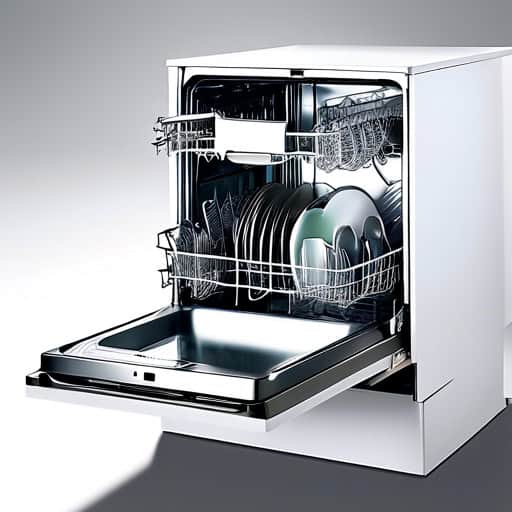
- The dishwasher at the restaurant works tirelessly to ensure that all dishes are clean and ready for the next service.
- After a busy dinner rush, the dishwasher was overloaded with dirty pots and pans that needed to be cleaned.
- The industrial dishwasher in the kitchen broke down, causing a delay in getting dishes cleaned and slowing down the entire operation.

- The kitchen manager is in charge of creating weekly schedules for the kitchen staff.
- As the kitchen manager, it is important to ensure that all food safety protocols are followed.
- The kitchen manager must also communicate effectively with the front-of-house staff to ensure smooth service.

- The chef prepared a delicious four-course meal for the guests at the fancy restaurant.
- The head chef at the five-star hotel is known for his creative and innovative culinary creations.
- After years of training and experience, she finally achieved her dream of becoming a head chef at a renowned restaurant.
Cooking stations
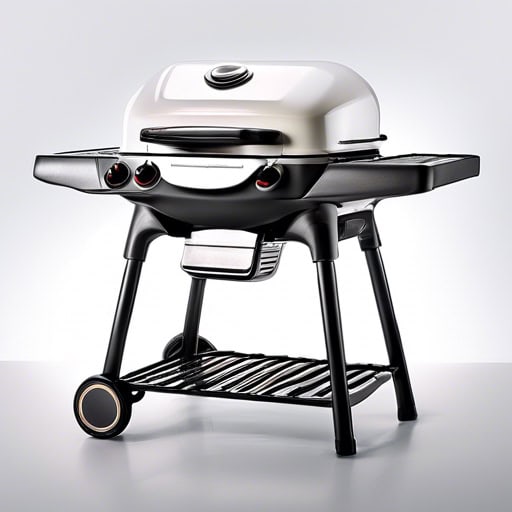
- The chef fired up the grill to cook a perfectly seared steak.
- The grill sizzled as the vegetables were charred to perfection.
- The kitchen manager carefully cleaned the grill after each use to maintain sanitation standards.
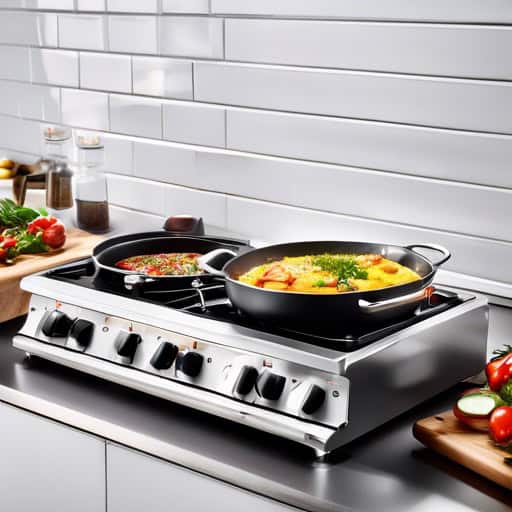
- The chef worked diligently at the sauté station, tossing vegetables in the hot pan with precision.
- The sizzle of meat cooking at the sauté station filled the kitchen with an enticing aroma.
- The sauté station was always a busy spot during dinner service, with orders flying in and out constantly.
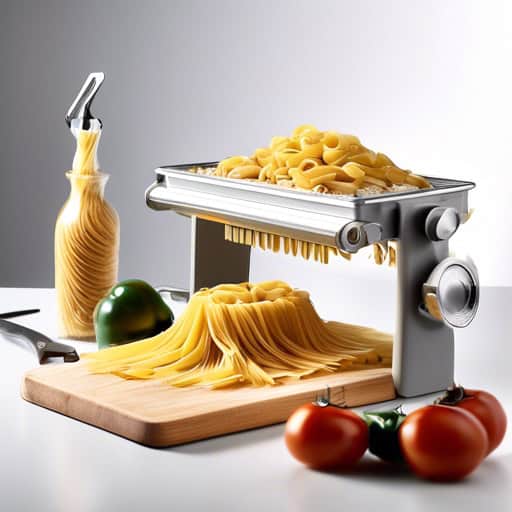
- The pasta station at the event was a hit, with guests lining up to customize their own pasta dishes.
- The chefs at the pasta station were incredibly skilled, creating delicious and visually appealing dishes.
- I always make a beeline for the pasta station at buffets, as I love being able to choose my own ingredients and sauces.
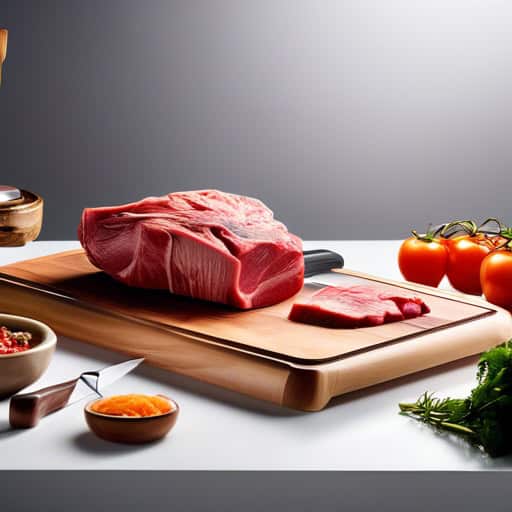
- The chef manned the carving station during the wedding reception, slicing tender roast beef for the guests.
- At the buffet, guests lined up eagerly to have their choice of meat expertly carved at the carving station.
- The carving station at the holiday party featured a succulent ham and juicy turkey for everyone to enjoy.
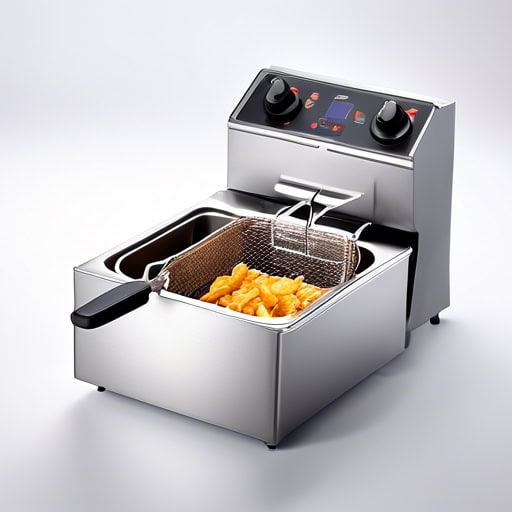
- The fryer at the restaurant broke down, causing a delay in serving fried food items.
- The chef cleaned the fryer thoroughly before starting the next batch of fries.
- The fryer temperature needs to be adjusted to ensure the chicken wings are perfectly crispy.
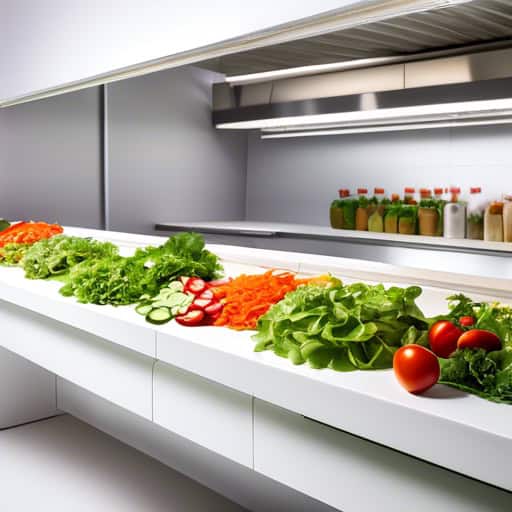
- The chef at the restaurant oversees the salad station, ensuring that all salads are prepared and presented to the highest standard.
- The salad station is always stocked with fresh produce, dressings, and toppings to allow for quick and efficient salad assembly during busy service times.
- The salad station is a popular choice for customers looking for a healthy and customizable meal option at the cafeteria.
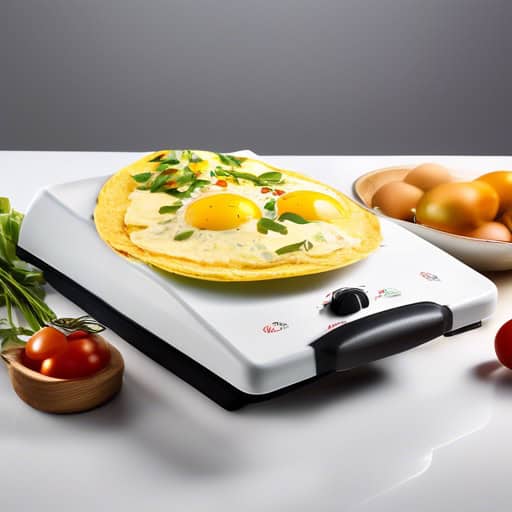
- I always look forward to brunch at the hotel because they have a fantastic omelette station where you can choose all your favorite fillings.
- The caterers set up an omelette station at the wedding reception so guests could enjoy a delicious made-to-order breakfast.
- The chef at the breakfast buffet makes the best omelettes at the omelette station, and I can never resist going back for seconds.
Prep stations
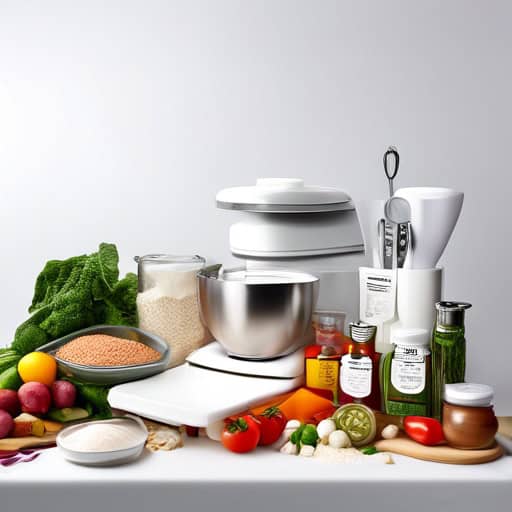
- During culinary school, students are taught the importance of mise en place in order to efficiently execute recipes.
- The chef emphasized the need for proper mise en place to ensure that all dishes were prepared correctly and in a timely manner.
- Before starting the dinner service, the line cooks diligently completed their mise en place to set themselves up for a successful shift.
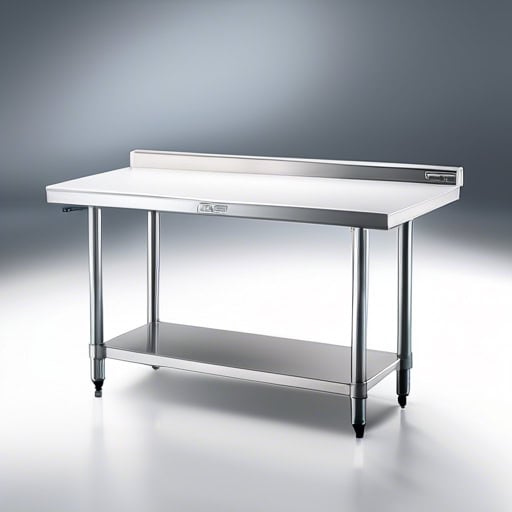
- The chef chopped vegetables on the prep table before sautéing them.
- The prep table was cluttered with spices, cutting boards, and mixing bowls.
- The dishwasher wiped down the stainless steel surface of the prep table after each use.
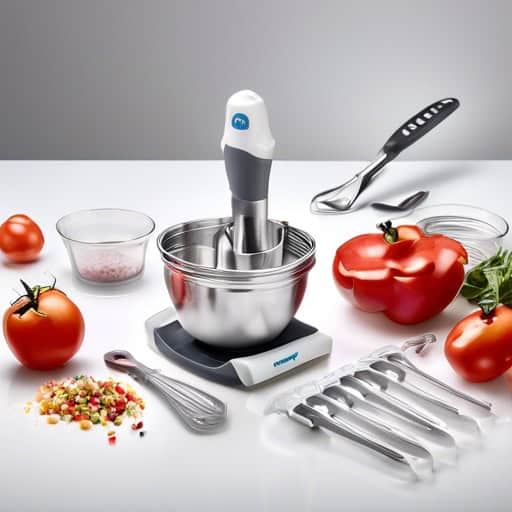
- The chef used portioning tools to ensure each dish had exactly the right amount of spices.
- The kitchen manager emphasized the importance of using portioning tools to maintain consistency in portion sizes.
- The culinary school provided students with a variety of portioning tools to practice precision in their cooking techniques.
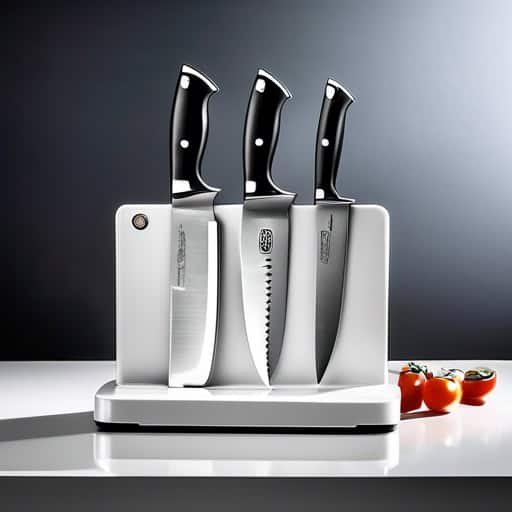
- The chef reached for a sharp knife from the knife station to quickly chop up the vegetables for the stir-fry.
- After finishing his task, the line cook carefully returned the knife to its proper place at the knife station.
- The new kitchen apprentice was instructed on how to properly clean and organize the knives at the knife station before starting their shift.
Service and plating stations
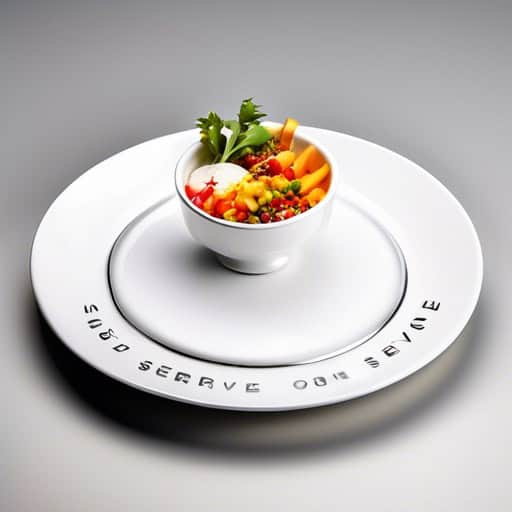
- The restaurant prided itself on its exceptional service, ensuring that every dish was prepared and presented with care and attention to detail.
- The catering company's reputation for outstanding service spread quickly, attracting more clients who were impressed by the quality of the food and the professionalism of the staff.
- During peak hours, the kitchen staff worked together seamlessly to provide efficient service and deliver delicious meals to diners in a timely manner.

- The chef spent extra time perfecting the plating of the dish before sending it out to the dining room.
- The intricate plating of the dessert made it almost too beautiful to eat.
- The final touch of fresh herbs on top completed the plating of the main course.

- The chef emphasized the importance of presentation in showcasing the restaurant's culinary creations.
- The culinary students practiced their knife skills to enhance the presentation of their dishes.
- The executive chef spent hours perfecting the presentation of the new menu items to entice customers.

- The chef carefully placed a fresh sprig of parsley on top of the dish to garnish it.
- The orange slices and mint leaves served as a colorful garnish for the dessert.
- The sprinkle of chopped nuts added a crunchy garnish to the creamy soup.
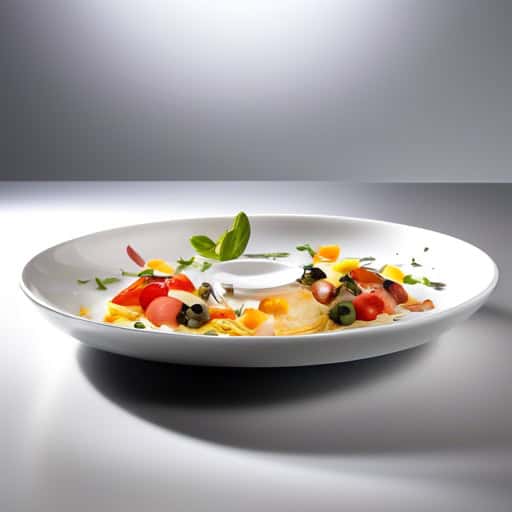
- The head chef instructed the kitchen staff to expedite the orders for the large party in the private dining room.
- In order to meet the lunch rush demand, the sous chef decided to expedite the cooking process for the popular pasta dish.
- The restaurant manager emphasized the importance of expediting the service during peak dining hours to ensure customer satisfaction.
Cleaning stations

- The cleaning station in the kitchen is equipped with a large industrial sink, high-powered dishwasher, and ample counter space for drying and organizing dishes.
- After each meal service, the kitchen staff diligently bus dishes and utensils to the cleaning station for washing and sanitizing before putting them away.
- The cleaning station is an essential part of maintaining a safe and hygienic food preparation environment in the restaurant.

- The restaurant manager emphasized the importance of kitchen hygiene during staff training sessions.
- Employees are required to wash their hands frequently and wear gloves to maintain kitchen hygiene standards.
- Regular cleaning and sanitizing of kitchen equipment and surfaces are essential for practicing good kitchen hygiene.
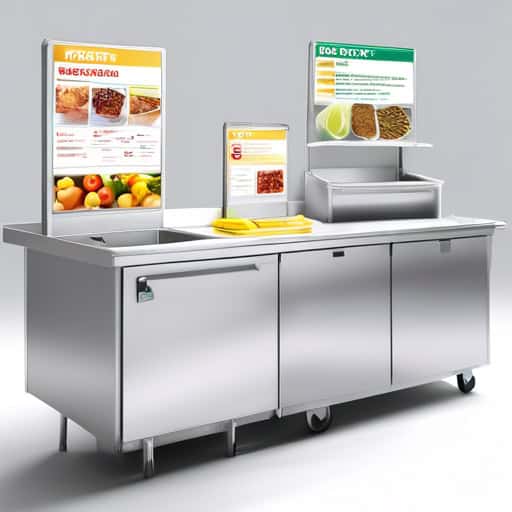
- Food safety should always be a top priority in cleaning stations to prevent foodborne illnesses.
- Proper training on food safety measures in cleaning stations is essential to ensure compliance with regulations.
- Regular inspections and audits of cleaning stations are necessary to maintain high standards of food safety.
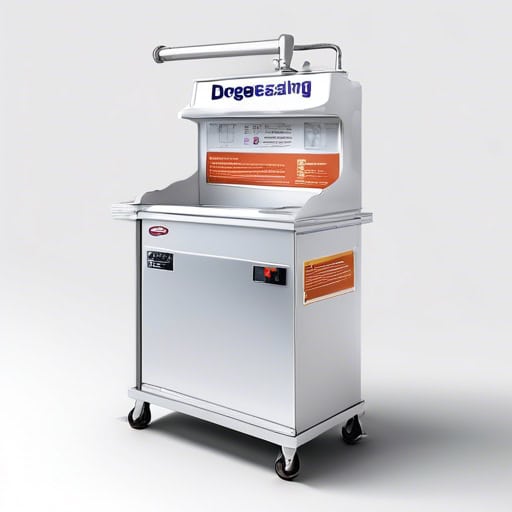
- The kitchen staff spent hours degreasing the grill and stove to ensure they were clean and safe for cooking.
- The degreasing solution effectively removed stubborn grease buildup from the kitchen hood filters.
- Regular degreasing of kitchen equipment is essential to prevent the risk of fires and maintain a hygienic environment for food preparation.
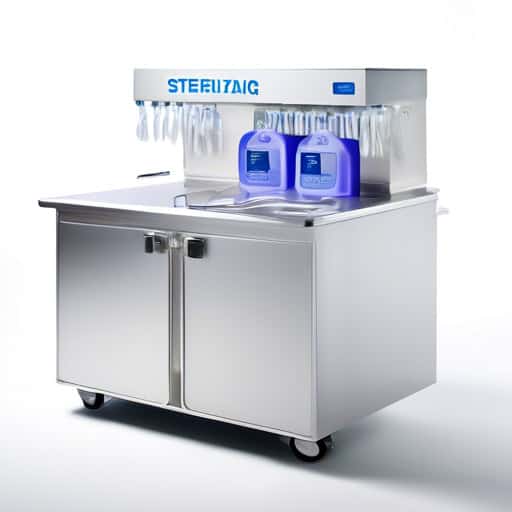
- The chef was diligent in sterilizing all cutting boards and utensils before preparing each dish.
- Sterilizing kitchen equipment is essential to prevent cross-contamination and ensure food safety.
- Proper sterilizing techniques are taught in culinary school to help prevent foodborne illnesses.
Quick Facts
- Professional kitchens are typically organized into different stations, such as the sauté station, grill station, and pastry station, each specializing in specific types of dishes.
- Chefs in professional kitchens often communicate using a unique system of calls and responses known as “mise en place,” which helps to ensure that dishes are prepared efficiently and accurately.
- Many professional kitchens operate on a brigade system, a hierarchical structure developed by legendary chef Auguste Escoffier, which assigns specific roles and responsibilities to each member of the kitchen staff.
- Professional kitchens are known for their intense and fast-paced working environments, with chefs often working long hours under high pressure to meet the demands of a busy service.
- Professional kitchens are required to adhere to strict health and safety regulations to ensure the cleanliness and sanitation of the kitchen, as well as the safety of the food being prepared.
